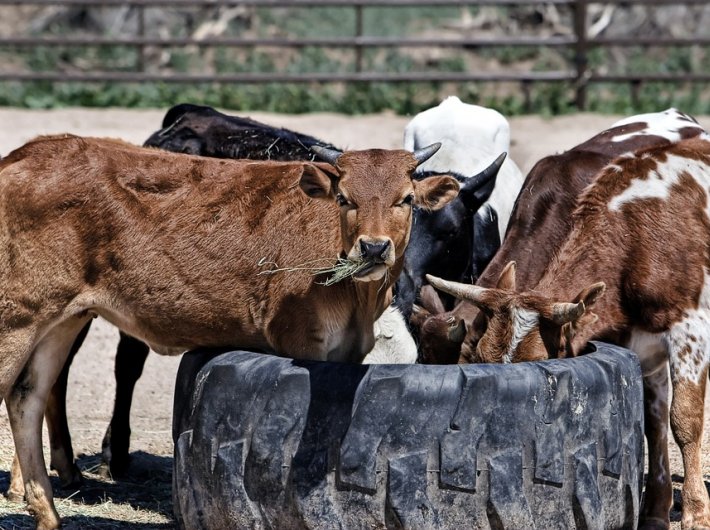Environment minister Harsh Vardhan said government open to suggestions on cattle slaughter notification
The government is having second thoughts about its unilateral decision to impose a ban on sale of cattle for slaughter at animal markets, triggering outrage in Kerala and West Bengal.
The May 23 cattle slaughter
notification under Prevention of Cruelty to Animals (Regulation of Livestock Markets) Rules, 2017, had also dealt a body blow to cooperative federalism as the states had not been taken into confidence before the directive was issued. It also flew against the face of prime minister Narendra Modi’s repeated insistence that states were involved in decision making.
“The centre will join hands with the states in working towards the goal since it is possible only with cooperative federalism, wherein the centre and states work together,” said Modi on August 8, 2016 in Medak after launching the Mission Bhagiratha programme.
On April 23 this year, an official statement quoted Modi as saying: “The consensus on GST will go down in history as a great illustration of cooperative federalism. GST reflects the spirit of ‘One nation, One aspiration, One determination’.”
There were howls of protests over cattle slaughter decision. Kerala saw beef fests and West Bengal chief minister Mamata Banerjee called it unconstitutional and said her government will not accept it.
It may have prompted the government to take a fresh look at the controversial notification, a welcome step that shows the government is not rigid and is willing to take criticism in its stride. It will also be a saving grace for marble cake federalism, which is more commonly known as cooperative federalism, in which all levels of government are involved in policy making.
The Madurai bench of the Madras high court had already
stayed its operation.
Environment minister Harsh Vardhan’s statement on Sunday will help calm matters. He said that intention behind the notification was not to harm any particular group, influence food habits or affect slaughter business. “Suggestions that have been submitted will be reviewed. It is not a prestige issue for the government,”
said the minister
The government must act quickly after receiving suggestions so that suitable modifications can been carried out in the May 23 notification.
The notification states that the infirmary, pinjrapole, SPCA, Animal Welfare Organisation or Gaushala prior to giving the animal for adoption shall:
(a) in case of cattle, take an undertaking in form of an affidavit that the animals are adopted for agriculture purposes and not for slaughter, and verify that the person adopting the animal is an agriculturist by seeing the relevant revenue document;
(b) in case of draught and pack animals, take an undertaking in the form of an affidavit that the animals are adopted for draught and pack purposes and not for slaughter.
This had got people’s goat.
However, what got lost in the din was the fact that some of the other rules are in fact quite beneficial for animals.
The notification states: The person adopting the animal shall– (a) not sell the animal; (b) not abandon the animal; (c) follow the State cattle protection and preservation law; (d) not sacrifice the animal for any religious purpose; (e) not sell the cattle to a person outside the State without permission as per the State cattle protection and preservation law.
If this notification is implemented in letter and spirit, then it will help regulate cattle and its trade. It will also ensure that people do not abandon cattle as soon as it stops being useful to them.
The notification on the whole is useful, but handled poorly by the government. The union government is now taking steps to undo the damage.
